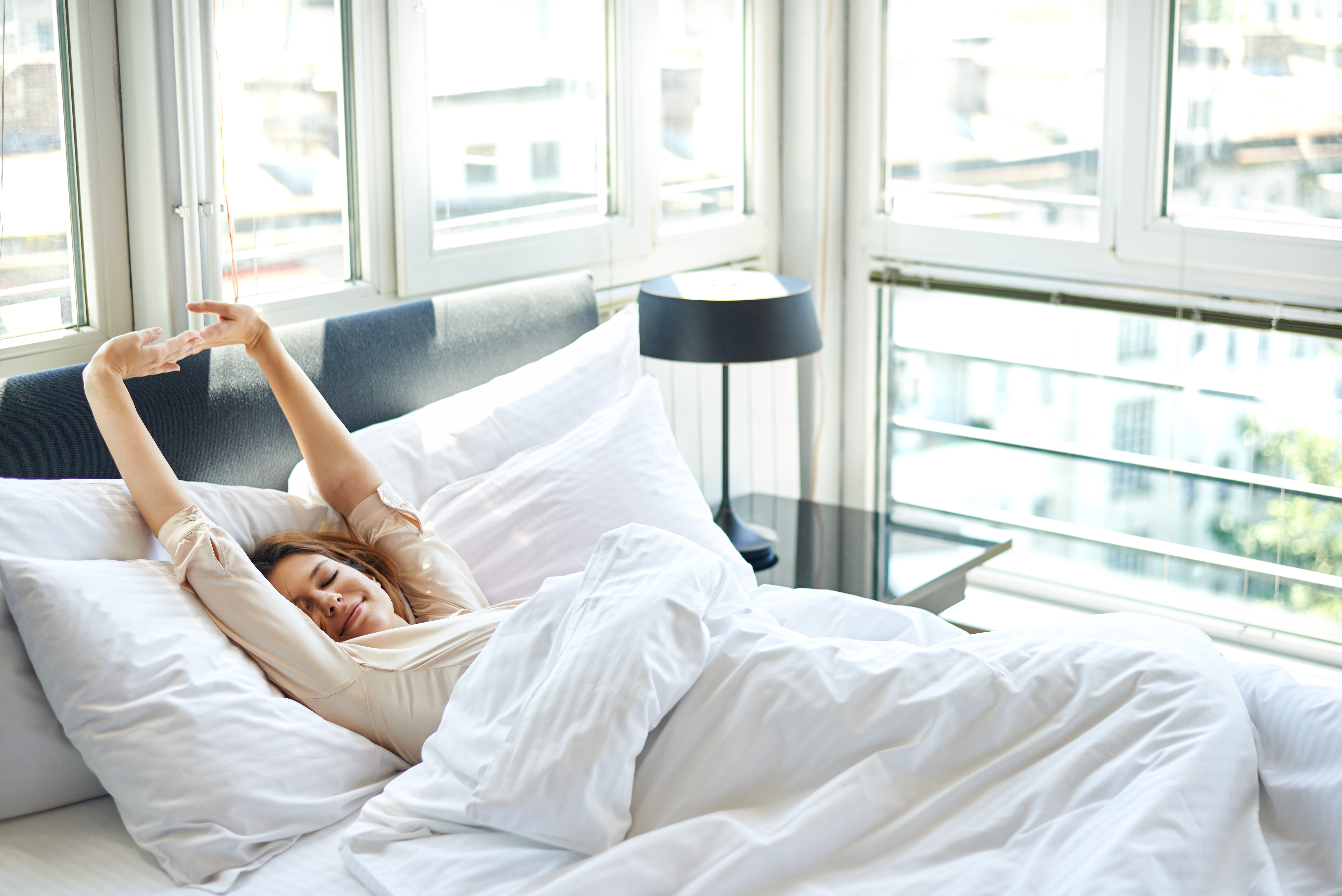We know that sleep is important for our health and wellbeing. We also know that we should aim for 6 to 8 hours of sleep every night. The only problem is these numbers only take into account the actual time you’re sleeping. But what about before you fall asleep? Turns out this pre-sleep period, or “sleep opportunity” is essential for better quality sleep.
Sleep opportunity is a new concept, but it’s a very simple one. It’s basically the amount of time you give yourself to sleep, rather than the exact amount of time you sleep. In short, it’s the time frame and opportunity for sleep.
UC Berkeley sleep researcher, Matthew Walker, PhD, writes in his book, Why We Sleep, that “most of us have a sleep opportunity of just five to six-and-a-half hours.” That means we probably get about four to six hours of sleep every night.
And that’s really not much, is it?
How is it that so many of us are getting so little sleep? It all depends on how you spend this “sleep opportunity”. And the truth is, many of us sabotage a good night’s sleep by squandering our sleep opportunity.
That’s because even if you go to bed at 11pm and wake up at 6am, that doesn’t necessarily mean you’re getting 7 hours of sleep – especially if you spend the first hour scrolling through Instagram.
If you go to bed, but do stimulating activities or keep the lights on, you make your sleep opportunity window smaller and smaller.
So, in order to maximize your sleep opportunity, it’s important to do two things:
- Avoid technology, including TV, smartphone, iPads and computer screens, and
- Rest in a darkened room with your eyes closed
Doing these two things will help protect your sleep opportunity and improve the quality of your sleep.




